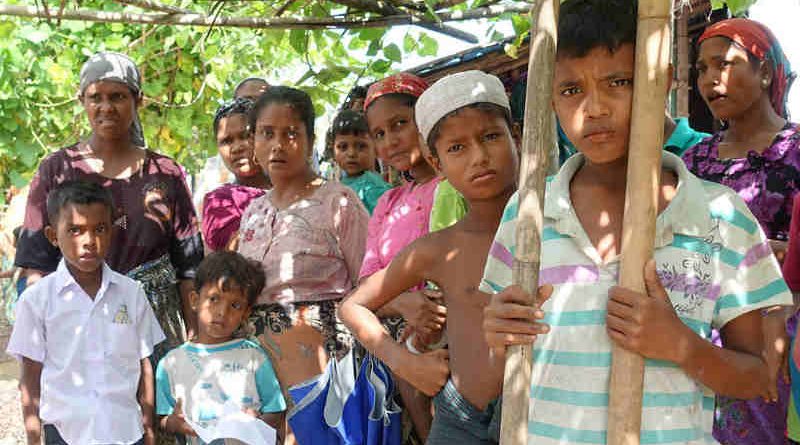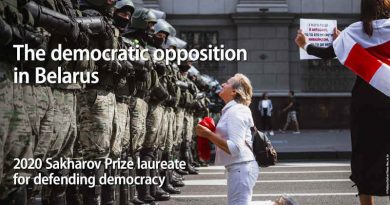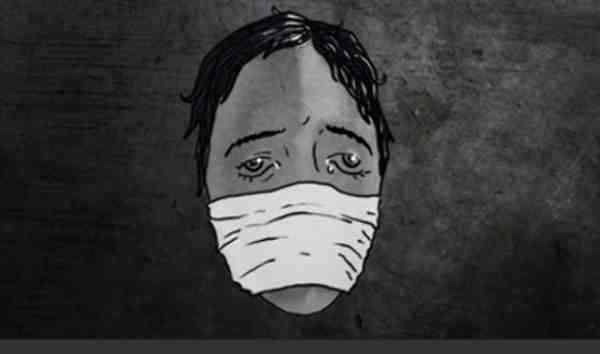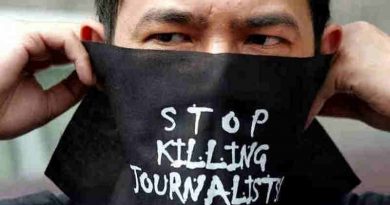Human Rights Situation Going from Bad to Worse in Myanmar
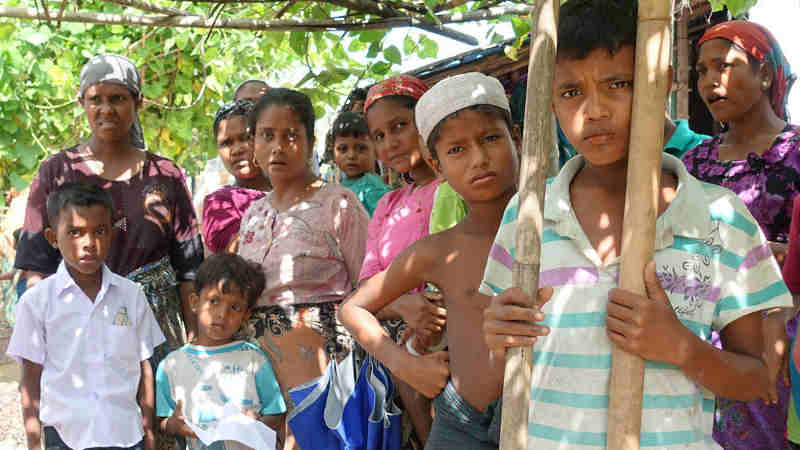
The UN High Commissioner for Human Rights Zeid Ra’ad Al Hussein warned Friday the Government of Myanmar that its “short-sighted, counterproductive, even callous” approach to handling the crisis in northern Rakhine could have grave long-term repercussions for the country and the region.
“The repeated dismissal of the claims of serious human rights violations as fabrications, coupled with the failure to allow our independent monitors access to the worst affected areas in northern Rakhine, is highly insulting to the victims and an abdication of the Government’s obligations under international human rights law,” Zeid said.
[ Parliament Urged to Amend Human Rights Act in India ]
The High Commissioner said he was deeply disappointed that the UN Human Rights Office’s persistent request for access had still not been approved, particularly given the alarming allegations of human rights violations – including killings, rapes and the burning of Rohingya homes – that are reported to the Office on a daily basis.
“If the authorities have nothing to hide, then why is there such reluctance to grant us access? Given the continued failure to grant us access, we can only fear the worst.”
He urged the Government to reflect on the best path towards a durable resolution to the long-standing grievances of the different communities in northern Rakhine.
[ Can United Nations Protect Your Human Rights? No Way. ]
“Myanmar’s handling of northern Rakhine is a lesson in how to make a bad situation worse. I urge the authorities to step back and consider the long-term implications of its security operations in northern Rakhine on the peace, stability and development of Myanmar,” he said.
The High Commissioner emphasised that the UN Human Rights Office stands ready to advise the Government and to provide training and assistance in improving the human rights situation for all the people of Myanmar.
He noted the Government’s establishment of an investigative commission, but stressed the need for independent external actors to be granted unconditional, unfettered access to the region.
💛 Support Independent Journalism
If you find RMN News useful, please consider supporting us.

